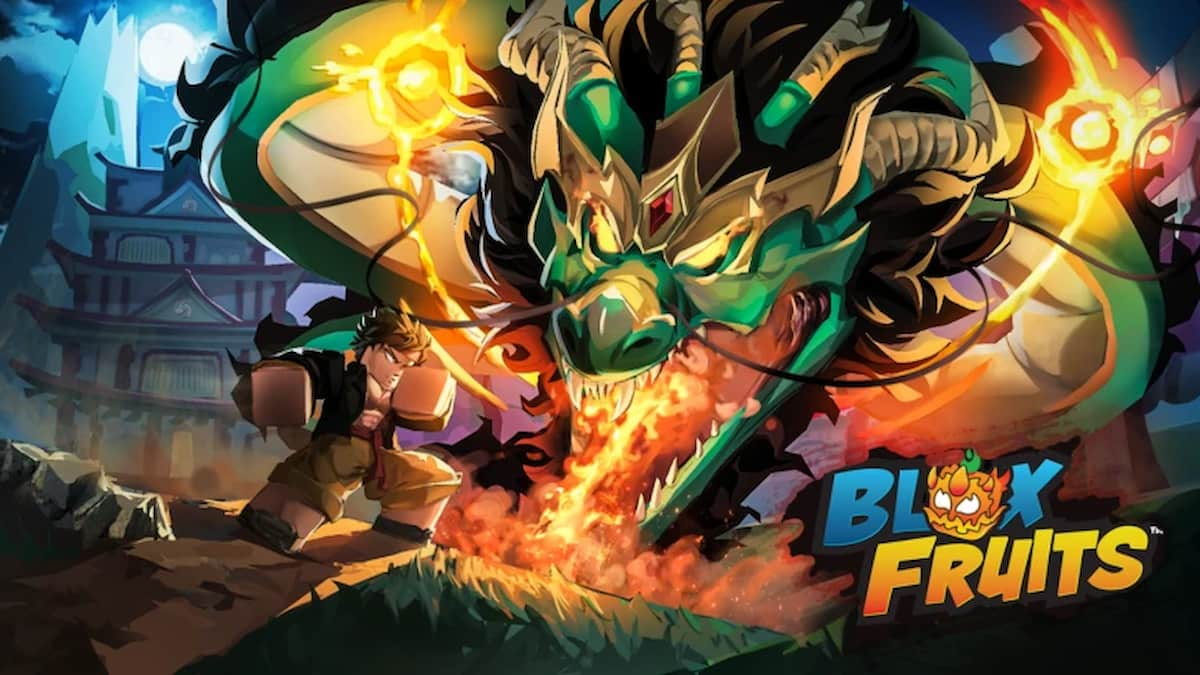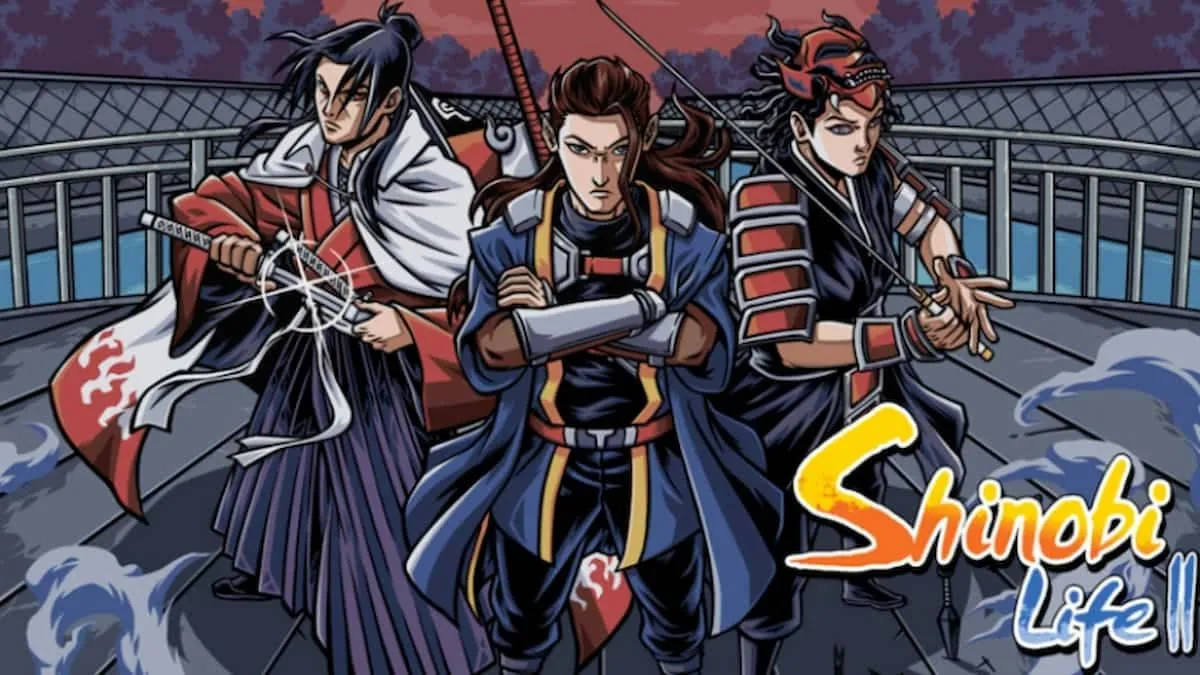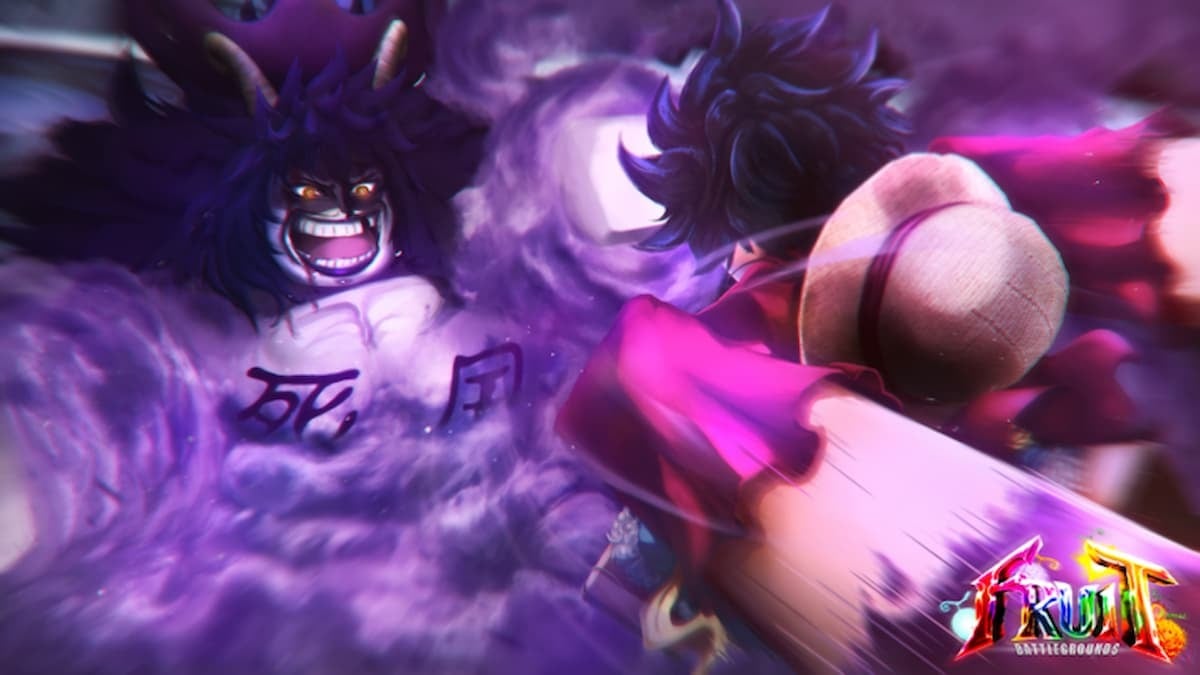With Neverwinter going into open beta this week, there will undoubtedly be tons of new players who grow curious about what actual Dungeons and Dragons is like. Even if you’re not participating in the open beta and are from another MMO, you’re most likely here because you want to learn more about tabletop RPGs.
What is a Tabletop RPG?
This is a bit difficult to define due to various players’ differing definitions, but I think the easiest way to understand it is to dissect what role-playing game implies. The role-playing part covers how players will describe their character’s actions and speak as him/her. The game aspect covers the rule mechanics in place, ranging from stats to abilities to dice rolls.
This concept becomes easier to understand through example; let’s take a look at the archetypal pen-and-paper RPG Dungeons and Dragons.
The Player
Players will have a character sheet with their stats, inventory, abilities, etc. as well as a set of dice for determining whether or not their player can perform an action which, in D&D 4th edition (which will be elaborated on later), depends on the difficulty class the Dungeon Master sets.
The character creation in most games will feature a way to generate ability scores. Players will usually either roll for their scores, use a standard array (pre-generated numbers they apply to each score), or use a point buy system which is seen in a lot of video games.
In D&D, there are six ability scores: strength, dexterity, constitution, intelligence, wisdom, and charisma. A modifier number exists based on what your score in the given attribute is. Characters with a score of 8-9 in a stat will get a -1, 10-11 a +0, 11-12 a +1, etc. So, if a character has a charisma score of 12, they will get a +1 bonus to dice rolls that use that score.
Let’s use the the Neverwinter setting (same as the new MMO) for this example: the player of a Half-Orc Barbarian wants to intimidate a Nasher agent. The player would roll a d20 (20-sided die) and add their charisma modifier to the number they rolled and add any appropriate modifiers from things like buffs or debuffs.
If the difficulty class (number needed to be met or exceeded for an action to succeed) is 15 and the player rolls a 14 on the die but has a modifier of at least +1, then the player will have successfully intimidated the Nasher agent.
Some players are satisfied simply playing with only the mechanical functions of the game. These are players who are usually more interested in the strategic part of the miniature combat in games like D&D 4th edition. However, many, if not most, players think that role-playing is more important than mechanics, myself included.
If you are an actor, a writer, or even just a creative person in general, role-playing will most likely become addictive. At first, pretending to be a Dwarf Cleric might seem a bit awkward, but as soon as you let yourself become immersed, you can have the kind of fun that is nigh impossible to achieve in a video game.
Many video game RPGs pride themselves on the freedom they give their players, but ultimately, choosing whether or not your character’s dialogue makes it seem like he’s a jerk or a protector of the weak pales in comparison to what you can do in a game like D&D, Shadowrun, or Exalted.
What is it that you can do? Well, practically anything you can think of, so long as the Dungeon Master (DM) allows it.
The Dungeon Master/Game Master
Outside of D&D, this role is usually referred to as a Game Master (GM). The DM takes the role of the computer in video games. To put it simply, s/he controls non-player characters, creates the plot of the campaign, makes the towns and dungeons players will visit, and is more or less a referee that enforces the rules.
Being a DM is much more work than playing a character, but it provides a level of satisfaction on a different level than what playing a good character does.
When you play an interesting character, you’re doing a good job writing one part and acting it out. When you are an interesting DM, you’re doing a good job writing several parts and acting them out, more or less ruling over an entire (in-game) universe, and most importantly creating ways for your players to have fun.
While the ability to create your own universe and make interesting plot lines is alluring, the key to being a successful DM is to ensure that your players and yourself are having fun.
Unfortunately, I do not have the space to write in the required detail just what it takes to be a good DM or a good player. Luckily, source books for Dungeons and Dragons and other RPGs will lead you in the right direction for that.
Check out the second half of this article to find out how to get started and what to expect in your first venture into D&D and tabletop RPGs in general.






Published: May 1, 2013 08:41 am